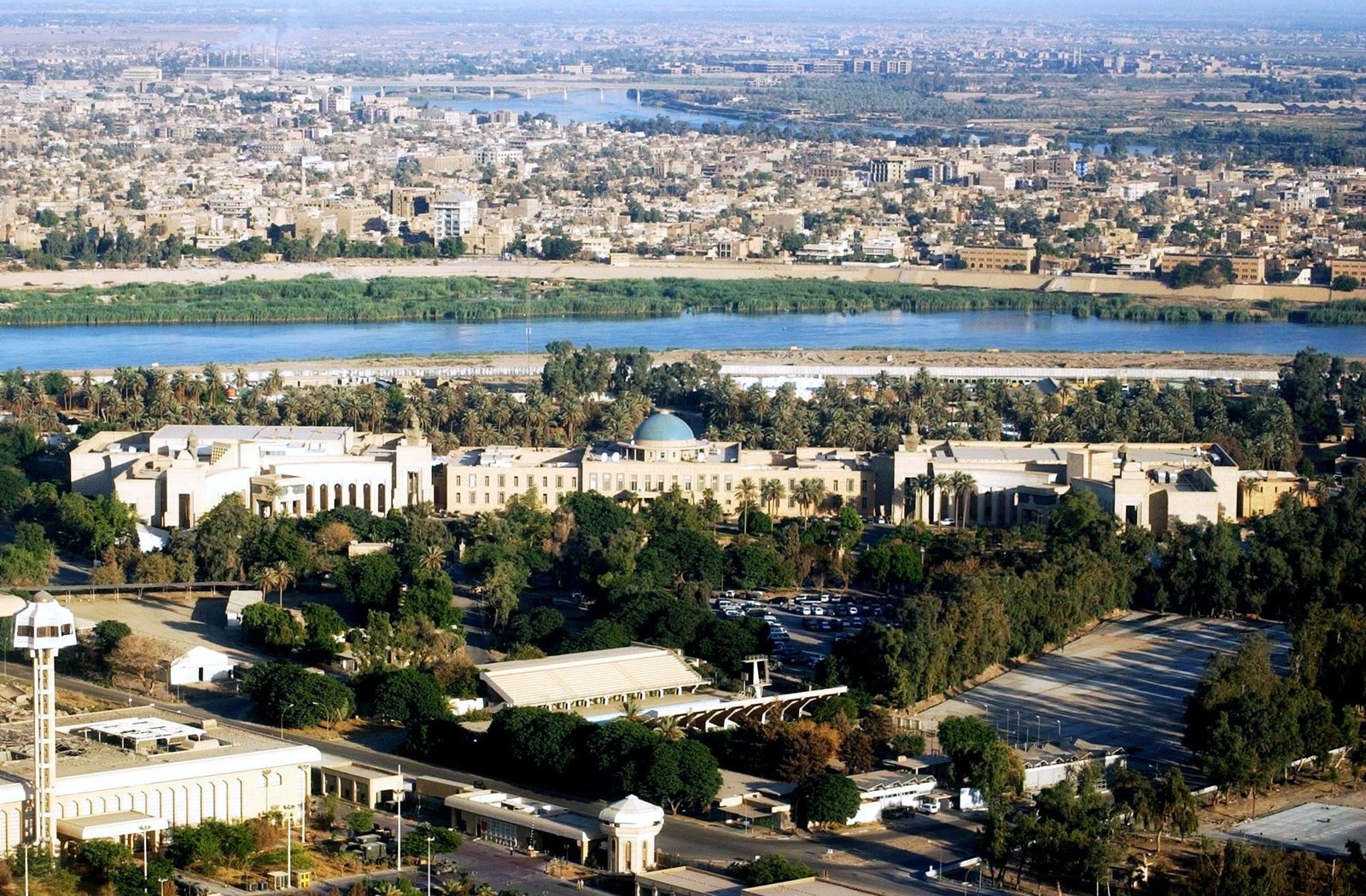The Baghdad bombings of January 22, 2007, stand as a haunting reminder of the challenges and instability faced by post-invasion Iraq. On that fateful day, a series of coordinated bombings rocked the city, resulting in the tragic loss of at least 88 lives and leaving 160 others injured. This terrorist attack, one of the deadliest during the Iraq War, targeted predominantly Shia areas and markets, exacerbating sectarian tensions in the region.
The bombings were carried out with meticulous planning and coordination, demonstrating the ruthlessness and determination of the perpetrators. The attacks occurred in several locations across Baghdad, including the central district of Bab al-Sharqi, the predominantly Shia neighborhood of Karrada, and the bustling marketplaces of al-Shaab and al-Ghazl. The choice of targets aimed to maximize casualties and instill fear within the Shia community.
In the aftermath of the bombings, chaos and devastation engulfed the affected areas. Rescue workers and volunteers rushed to the scenes, desperately trying to save lives and provide aid to the injured. The streets were filled with the wails of grieving families and the sounds of sirens as ambulances raced against time to transport the wounded to hospitals.
The Baghdad bombings of 2007 were not isolated incidents but rather part of a larger pattern of violence and instability that plagued Iraq during the post-invasion period. Sectarian tensions between the Sunni and Shia communities had been steadily escalating, fueled by political power struggles, historical grievances, and external influences. The bombings further deepened these divisions, pushing Iraq closer to the brink of civil war.
The responsibility for the Baghdad bombings was claimed by the Sunni extremist group, Al-Qaeda in Iraq (AQI), led by Abu Musab al-Zarqawi at the time. The group sought to ignite sectarian strife and undermine the fragile stability of the Iraqi government. By targeting Shia communities, AQI aimed to provoke retaliation and deepen the cycle of violence.
The Baghdad bombings of 2007 served as a wake-up call for the international community, highlighting the urgent need for a comprehensive and coordinated approach to address the challenges faced by Iraq. The attacks underscored the vulnerability of the civilian population and the imperative to enhance security measures to safeguard innocent lives.
In response to the bombings, the Iraqi government, with the support of the United States and other coalition forces, intensified efforts to combat terrorism and promote stability. Security forces implemented stricter measures to prevent future attacks, including increased checkpoints, intelligence sharing, and targeted operations against extremist groups.
While these measures helped to reduce the frequency and scale of such attacks, the Baghdad bombings of 2007 left an indelible mark on the collective memory of the Iraqi people. The scars of the violence endured by innocent civilians, the shattered lives, and the lingering trauma continue to shape the country’s path to recovery.
The legacy of the Baghdad bombings serves as a reminder of the challenges faced by post-invasion Iraq and the importance of addressing the underlying issues that fuel sectarian tensions and extremism. Rebuilding trust between communities, promoting inclusive governance, and fostering economic development are crucial steps towards a more stable and prosperous Iraq.
In conclusion, the Baghdad bombings of 2007 were a tragic event that claimed the lives of numerous innocent civilians and further inflamed sectarian tensions in post-invasion Iraq. The coordinated nature of the attacks and their targeting of predominantly Shia areas underscored the challenges and instability faced by the country. While efforts have been made to enhance security and promote stability, the scars of the bombings remain, serving as a stark reminder of the urgent need for lasting peace and reconciliation in Iraq.
SEO Excerpt:
The Baghdad bombings of 2007 were a series of coordinated attacks that took place in the city, resulting in significant loss of life and exacerbating sectarian tensions. This article delves into the historical context, impact, and aftermath of the bombings, highlighting the challenges faced by post-invasion Iraq. Learn more about this tragic event and its implications for the region.

